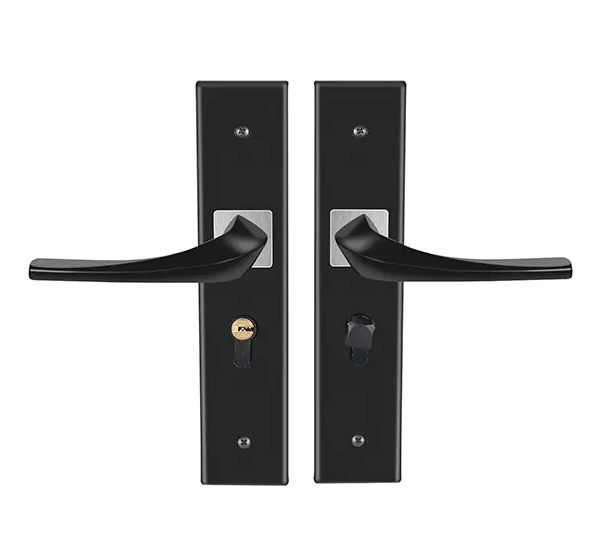In the building materials industry, door accessories hold an important place in both residential and commercial applications. As a manufacturer, producing reliable and well-designed accessories contributes directly to the comfort, safety, and functionality of various spaces. The range of products in this category includes handles, hinges, locks, stoppers, and decorative items, each offering practical benefits in daily use.
Manufacturers of door accessories focus on combining durable materials with thoughtful design. Different environments require different solutions. For instance, high-traffic public buildings often demand hardware made from materials like stainless steel or zinc alloy for long-term use, while residential properties may prioritize both function and appearance. Understanding these different requirements helps guide the production process.
The selection of raw materials is a fundamental step in manufacturing. Materials such as brass, aluminum, and stainless steel are chosen based on their strength, resistance to wear, and compatibility with various finishes. Each material offers specific advantages in terms of appearance and durability, making it important to match them with the intended application.
Production processes often involve precision casting, stamping, and machining, followed by careful surface treatments. Finishing techniques such as polishing, plating, and coating are used to improve both appearance and corrosion resistance. These steps ensure that the accessories not only perform well but also blend seamlessly with different interior or exterior styles.
Manufacturers also pay close attention to product standards and testing procedures. Door accessories must meet functional and safety requirements, especially in commercial and public spaces where regulations may apply. Common tests include load-bearing checks for hinges, durability tests for handles and locks, and corrosion resistance for products installed in outdoor or humid environments.
In addition to traditional products, manufacturers continue to develop new designs and functions to meet changing market demands. As property owners and designers look for more customized and convenient solutions, features like soft-closing mechanisms, adjustable hinges, and multi-purpose locks have become increasingly popular. Manufacturers aim to provide options that support both functionality and aesthetics.
Packaging and logistics are also important aspects of manufacturing. Proper packaging helps protect products during transportation and storage, while clear labeling ensures installers and end-users can easily identify and apply the right accessories.
From a manufacturer’s point of view, door accessories are more than small add-ons; they are essential components that contribute to the usability and atmosphere of any space. By focusing on material quality, precision processes, and customer needs, manufacturers support builders, designers, and homeowners in creating safe, convenient, and visually pleasing environments.

